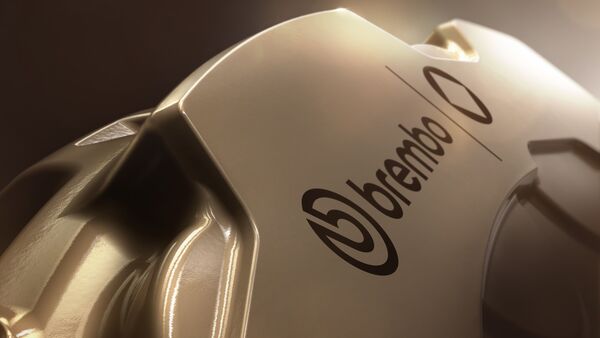
Scared about brake failure in your vehicle? Here's how you can avoid it
5 months ago | 5 Views
When you press down on the brakes, listen for noises carefully. A high-pitched squeal often means your brake pads are worn and need replacement. Grinding sounds could signal that the brake pads are so worn down that metal is touching metal. This can lead to serious damage and more expensive repairs. Clicking or scraping noises usually indicate a problem with the brake hardware, such as loose or worn-out clips. Addressing these sounds early can prevent further issues
If your brake pedal feels soft or spongy, it could be due to air or moisture in the brake fluid. A simple brake fluid flush may solve this, you should consult a mechanic to get it rectified. If you notice that your car takes longer to stop than usual, it might be time to replace your brake pads or even the rotors. Delayed braking could be extremely dangerous, so don’t ignore this warning.
Generally, brake pads should be replaced every 50,000-1,00,000 km. However, this can vary based on your driving habits and conditions. Visually inspect them, if they look thin (usually less than ¼ inch), it's time to replace them. Rotors should also be inspected regularly. If you feel a pulsing sensation when you brake, your rotors could be warped. Rotors usually need to be replaced or resurfaced every 1,00,000-1,50,000 km depending on usage.
Your brake fluid level should be checked at least once a month. Low brake fluid can reduce braking efficiency and make your pedal feel spongy. The colour of brake fluid should be clear or light amber. If it’s dark or dirty, it’s a sign that the fluid is old and needs replacement. Most car manuals recommend changing brake fluid every 2-3 years. This step is usually performed at the correct intervals if your car is well-serviced from authorised centres.





















